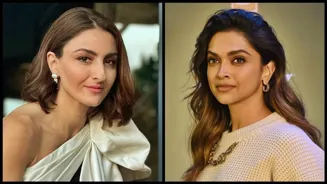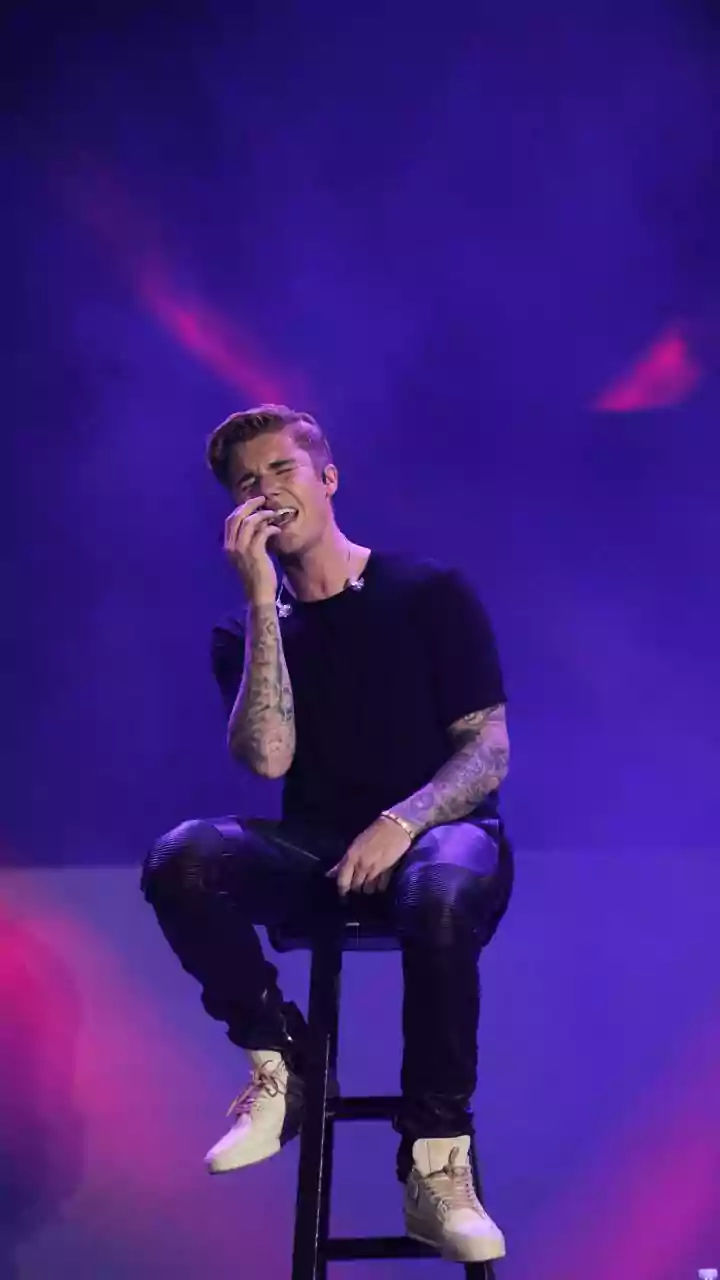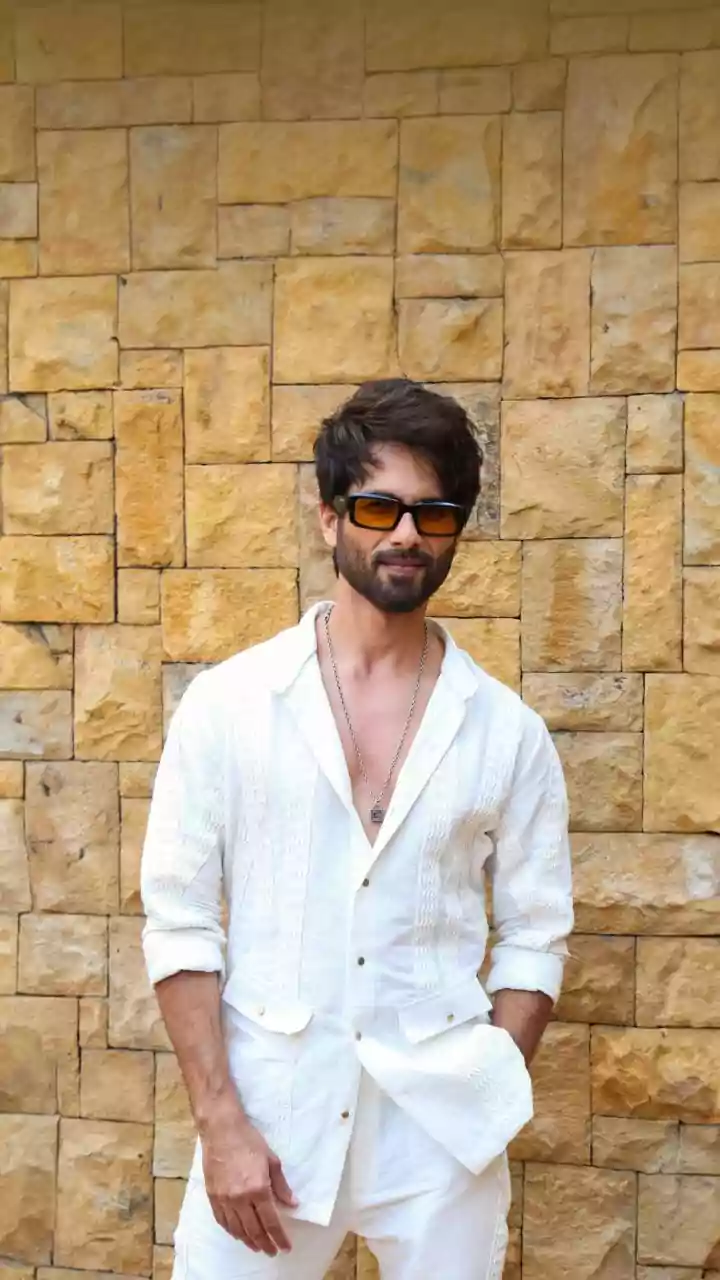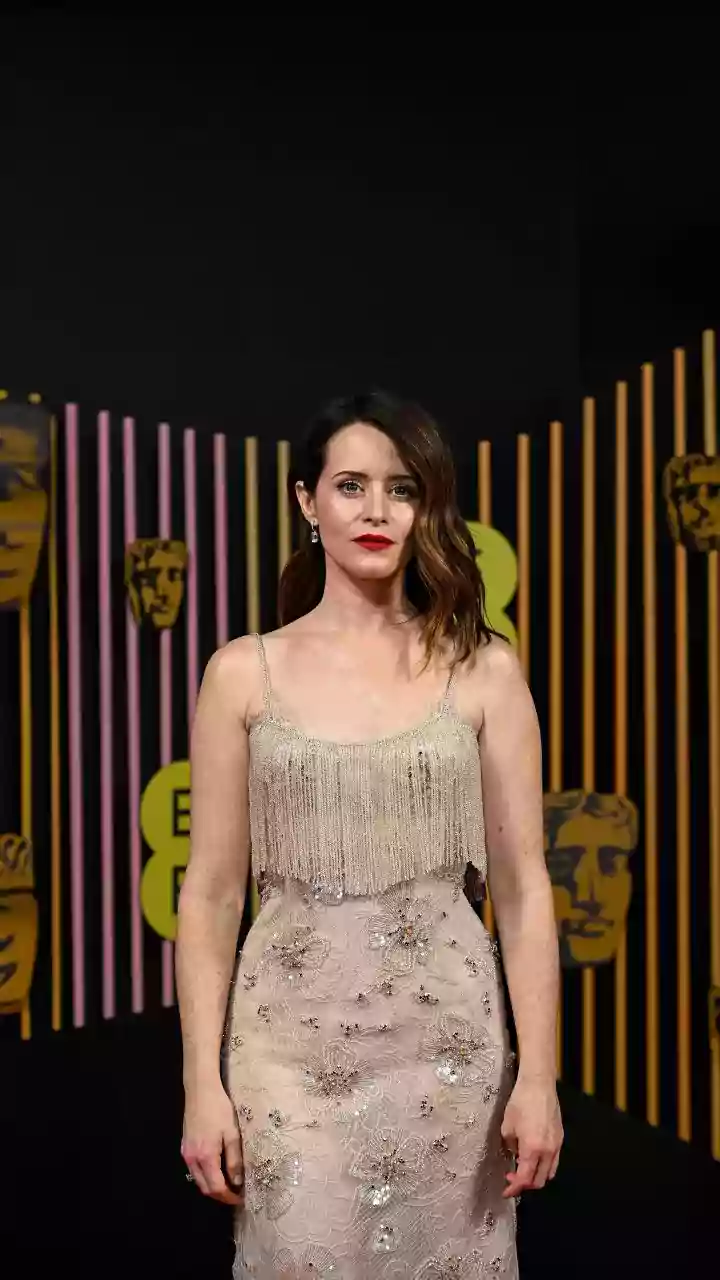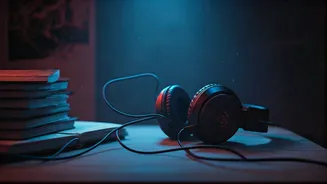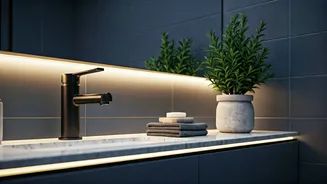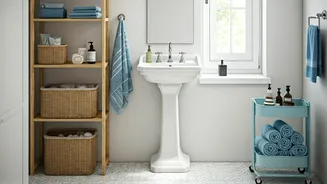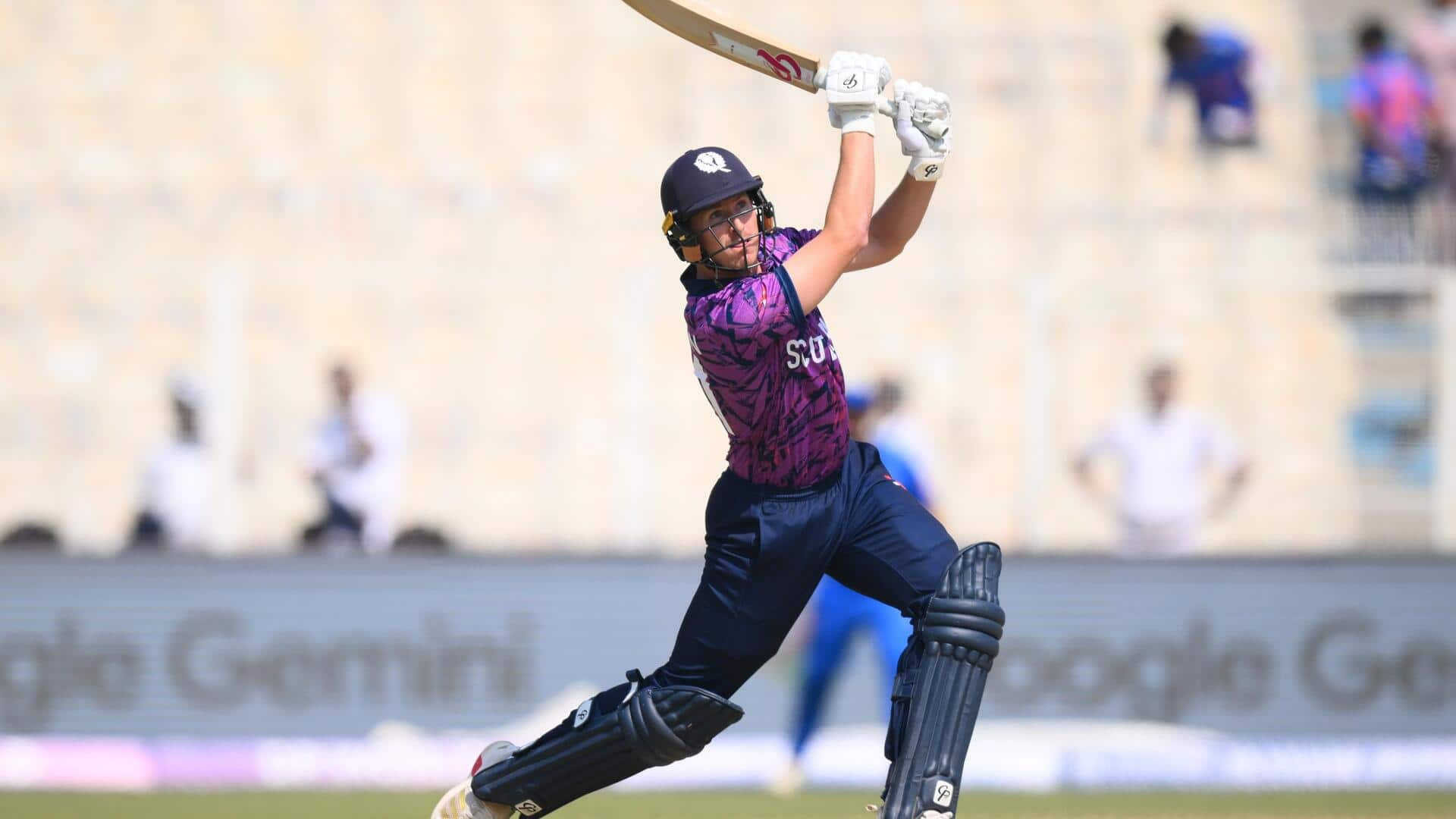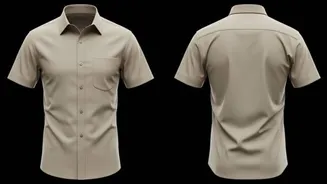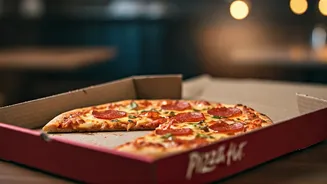What is the story about?
Actor and author Soha Ali Khan steps into the world of podcasting with her brand-new show, All About Her. Seamlessly blending warmth, authenticity, and depth, the series brings together celebrated voices and leading experts in conversations that feel refreshingly real and impactful.
Designed to move beyond surface chatter, the podcast creates a meaningful space that cuts through digital clutter, offering audiences honest stories, fresh perspectives, and practical takeaways on health, wellness, work, and life—making it a must-listen journey of inspiration and reflection.
In an exclusive interview with Firstpost, the actress opened up on all of it.
Edited excerpts from the interview
Where did the idea of the podcast All About Her came from?
So the idea of All About Her really came from my own personal experience, especially over the last year, when I have spent a lot of money trying to understand how to optimize my wellness because I really feel like in my 40s, my body is going through a bunch of changes, some of which I understand and some of which I don't and some of which are frustrating to me. So I've met nutritionists, gynaecologists, I've met therapists, I've met doctors, fitness experts. And I have really achieved a better understanding of myself, but it's a work in progress.
And I really thought, why not invite some of these experts, as well as some women who are perhaps going through a journey with a particular subject and build a conversation around a particular theme. So whether it's nutrition, physical fitness, epilepsy, raising neurodivergent children, suicide prevention, work-life balance, there's a host of topics that affect us as women. So we've invited these people, we've recorded some of them, we have a long list of subjects to explore in the coming months. And this is something that I just want to do to create a community, create a non-judgmental, unfiltered space where we can continue to have conversations about things that we should be talking about.
What does the title of your podcast suggest?
Everything touches our lives. And this is a podcast where we sort of do a deep dive into a number of issues, some of which are more generic, like nutrition, and some of which are more specific, like raising neurodivergent children. So it's all about her, but it's not just for her. It is also for him, because as I've said before, I think that we would all as society be improved by a better understanding of our gender, which is her.
We have conversations and are starting to have conversations pertaining to her, but mainly the comfortable ones. And we need to scratch the surface and really get deeply involved into the uncomfortable subjects sometimes, whether it's hormones, whether it's perimenopause, whether it's menstruation, whether it's emotional well-being, whether it's marital disharmony, whether it's domestic violence or abuse.
There are a range of subjects that we're not talking about enough. As an interviewer, what are the cliches that you're avoiding or trying to avoid while talking to your guests? Well, I'm a first-time interviewer. So I am becoming comfortable in the role, firstly, of not talking so much. I'm so used to giving the answers from my lens that I have to reel back and say that this is not about me, it's about her.
Why have celebrities started opening up more in podcasts than those regular interviews?
I think that a podcast, especially if you create the right environment, works. You know, sometimes with an interview also with the right journalist, with the right room and the right mood and the right energy and the right person, you can get a gold interview and that same person on another day will not be forthcoming. So it's about timing, I think. What a podcast does, I think, is that it creates a sense of intimacy, with the sound conditions, with the, you know, especially if you just set it up in a way that, you know, the cameras are rolling and you don't have additional personnel in the room.
You create an environment where you feel like you can have a conversation where you're being heard. I think often with interviews, we feel like we're not being heard because sometimes you're having a conversation and that interviewer is not even listening to you. They're just going through their questions. And that's something all of us have experienced. So I think if the interviewer in that podcast is listening and is, you know, present, then I think that somebody will respond to that.
You're an actress. You're now starting your podcast. You're also a mother and an author. What's your take on an actor's work-life balance in today's time?
I think that work-life balance for everyone now has become a little hectic post-COVID when we've got options of bringing your work home, working online. The lines are blurred and that creates sometimes an unprofessional environment at work and, you know, a disruptive environment at home. And I think that it's important to try and create some kind of separation between the two for our own mental well-being. And that's something that I strive to do.
So when I am working, which usually I'm wearing makeup. So Inaaya, for example, if I'm wearing makeup, and I'm working on that day, she'd be like, 'Oh, where are you going? What are you doing? When will you be back?' So that's like my body armour, which means, I'm going in for my job. Some people don't have that. So I think it's important to create some kind of distinction so that you can, I think it's important to have that separation.
Designed to move beyond surface chatter, the podcast creates a meaningful space that cuts through digital clutter, offering audiences honest stories, fresh perspectives, and practical takeaways on health, wellness, work, and life—making it a must-listen journey of inspiration and reflection.
In an exclusive interview with Firstpost, the actress opened up on all of it.
Edited excerpts from the interview
Where did the idea of the podcast All About Her came from?
So the idea of All About Her really came from my own personal experience, especially over the last year, when I have spent a lot of money trying to understand how to optimize my wellness because I really feel like in my 40s, my body is going through a bunch of changes, some of which I understand and some of which I don't and some of which are frustrating to me. So I've met nutritionists, gynaecologists, I've met therapists, I've met doctors, fitness experts. And I have really achieved a better understanding of myself, but it's a work in progress.
And I really thought, why not invite some of these experts, as well as some women who are perhaps going through a journey with a particular subject and build a conversation around a particular theme. So whether it's nutrition, physical fitness, epilepsy, raising neurodivergent children, suicide prevention, work-life balance, there's a host of topics that affect us as women. So we've invited these people, we've recorded some of them, we have a long list of subjects to explore in the coming months. And this is something that I just want to do to create a community, create a non-judgmental, unfiltered space where we can continue to have conversations about things that we should be talking about.
What does the title of your podcast suggest?
Everything touches our lives. And this is a podcast where we sort of do a deep dive into a number of issues, some of which are more generic, like nutrition, and some of which are more specific, like raising neurodivergent children. So it's all about her, but it's not just for her. It is also for him, because as I've said before, I think that we would all as society be improved by a better understanding of our gender, which is her.
We have conversations and are starting to have conversations pertaining to her, but mainly the comfortable ones. And we need to scratch the surface and really get deeply involved into the uncomfortable subjects sometimes, whether it's hormones, whether it's perimenopause, whether it's menstruation, whether it's emotional well-being, whether it's marital disharmony, whether it's domestic violence or abuse.
There are a range of subjects that we're not talking about enough. As an interviewer, what are the cliches that you're avoiding or trying to avoid while talking to your guests? Well, I'm a first-time interviewer. So I am becoming comfortable in the role, firstly, of not talking so much. I'm so used to giving the answers from my lens that I have to reel back and say that this is not about me, it's about her.
Why have celebrities started opening up more in podcasts than those regular interviews?
I think that a podcast, especially if you create the right environment, works. You know, sometimes with an interview also with the right journalist, with the right room and the right mood and the right energy and the right person, you can get a gold interview and that same person on another day will not be forthcoming. So it's about timing, I think. What a podcast does, I think, is that it creates a sense of intimacy, with the sound conditions, with the, you know, especially if you just set it up in a way that, you know, the cameras are rolling and you don't have additional personnel in the room.
You create an environment where you feel like you can have a conversation where you're being heard. I think often with interviews, we feel like we're not being heard because sometimes you're having a conversation and that interviewer is not even listening to you. They're just going through their questions. And that's something all of us have experienced. So I think if the interviewer in that podcast is listening and is, you know, present, then I think that somebody will respond to that.
You're an actress. You're now starting your podcast. You're also a mother and an author. What's your take on an actor's work-life balance in today's time?
I think that work-life balance for everyone now has become a little hectic post-COVID when we've got options of bringing your work home, working online. The lines are blurred and that creates sometimes an unprofessional environment at work and, you know, a disruptive environment at home. And I think that it's important to try and create some kind of separation between the two for our own mental well-being. And that's something that I strive to do.
So when I am working, which usually I'm wearing makeup. So Inaaya, for example, if I'm wearing makeup, and I'm working on that day, she'd be like, 'Oh, where are you going? What are you doing? When will you be back?' So that's like my body armour, which means, I'm going in for my job. Some people don't have that. So I think it's important to create some kind of distinction so that you can, I think it's important to have that separation.
